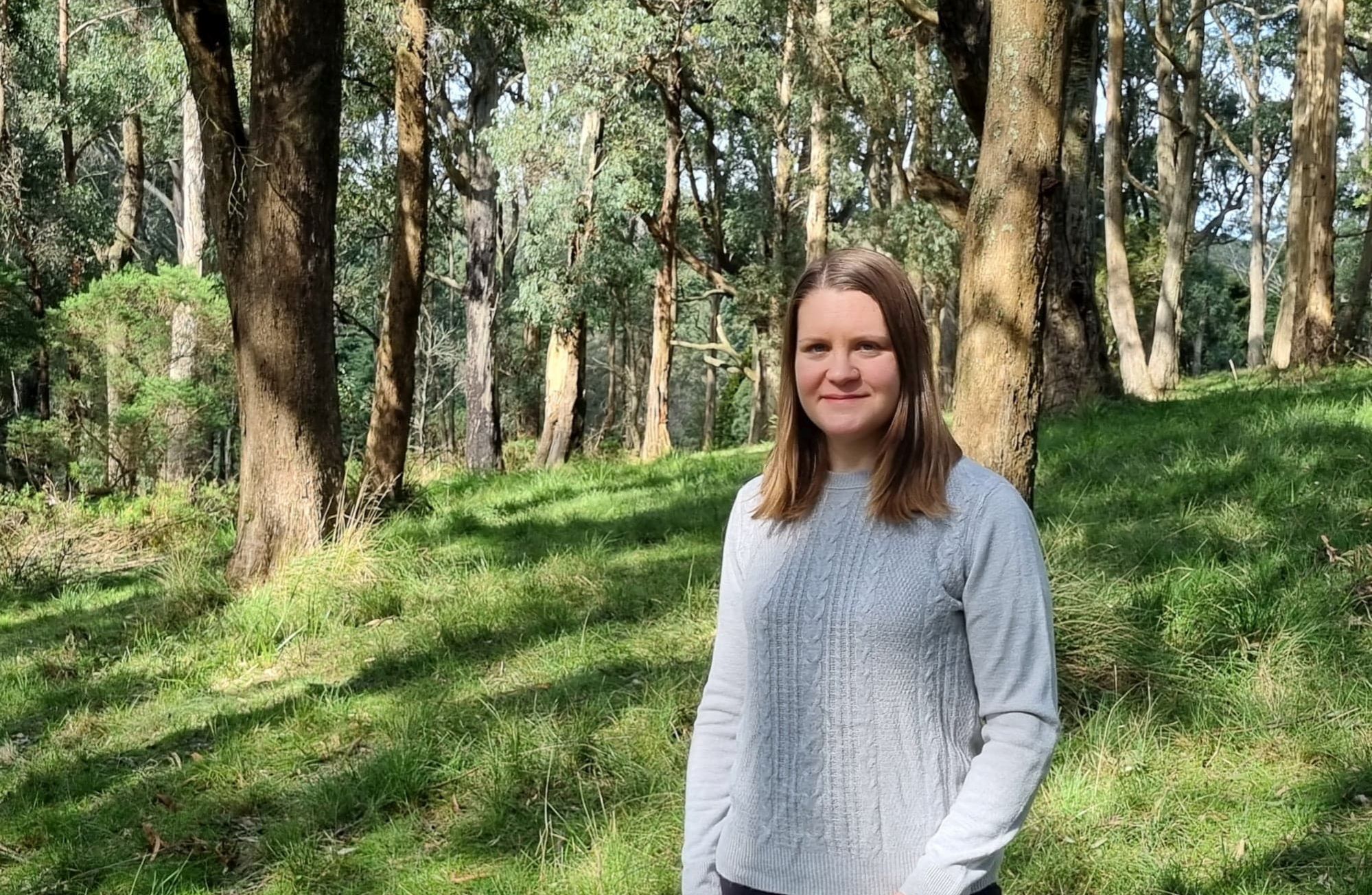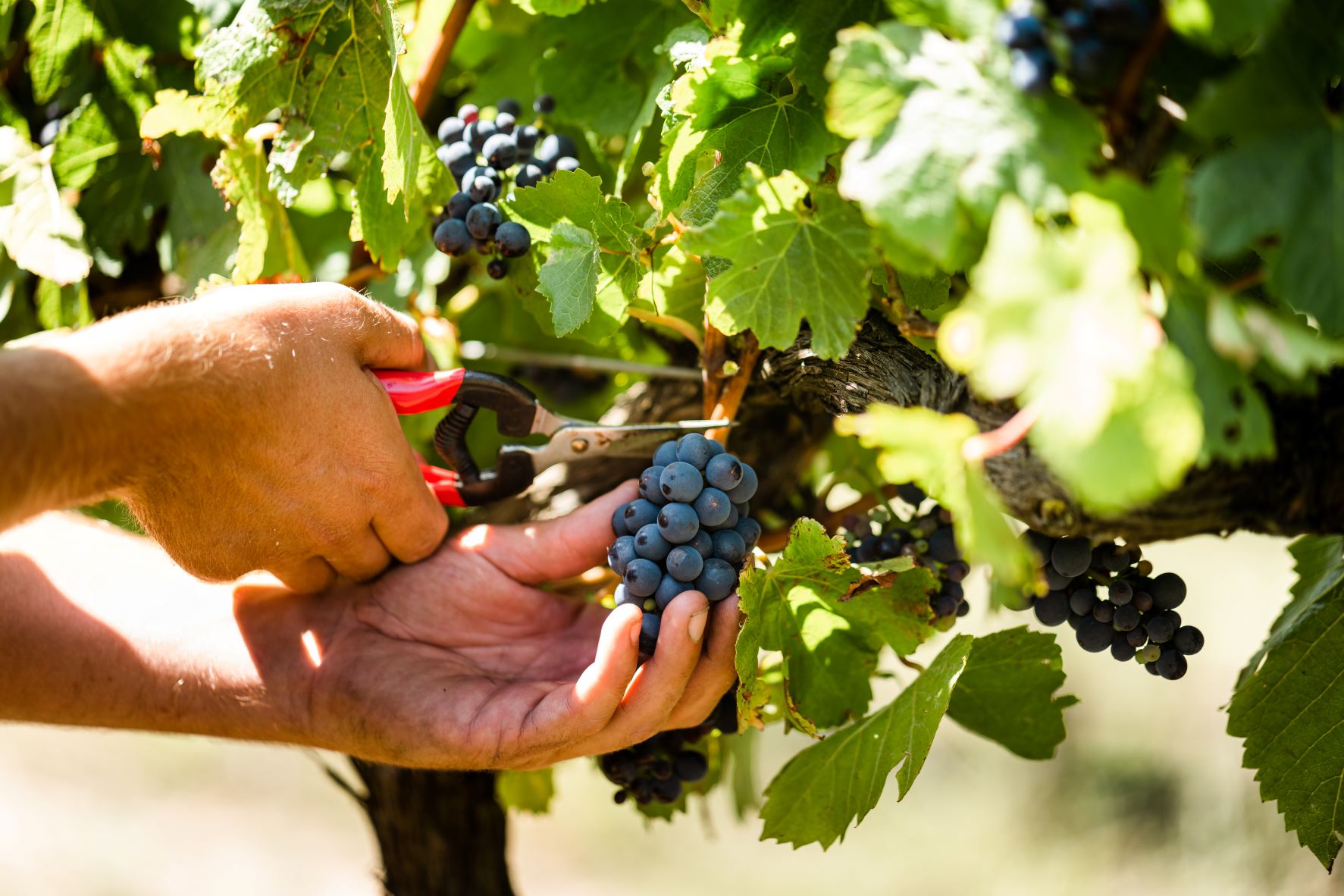Dr Kerryn McTaggart works as a smoke management project officer at the Department of Environment, Land, Water and Planning.
She is involved in state and national projects that improve the way smoke from fire is forecast and monitored.
But working in this field was not always part of her career plan.
After completing a Bachelor of Science, Kerryn went on to do a PhD where she studied atmospheric greenhouse gas soil exchange and the effects of bushfires and burning.
“I went from a biochemistry background to a forestry PhD with no knowledge whatsoever,” Kerryn said. “It sounded really interesting, so I went with it.”

Working together to improve smoke forecasting
Joining DELWP full-time in 2020, Kerryn works on “a wide variety of things relating to smoke management.”
“This includes projects on smoke impacts to the community, air quality monitoring, and the use of forecasting models to assist in the management of these impacts,” she said.
Kerryn is involved in research projects funded by the Safer Together program, including ‘Better Smoke Management’.
This project aims to increase knowledge of how air quality impacts from bushfires, planned burns and other sources can vary throughout the state. It will also improve understanding of how these can impact the health of communities.
Victoria has led the way in using advanced science and technology for smoke forecasting with the AQFx (Air Quality Forecasting System) and AQVx (Air Quality Visualization System) tools, developed by the CSIRO (with support from DELWP and universities) and run by the Bureau of Meteorology .
Victorian agencies started using these tools in 2016 and they are being rolled out across the country.
“One of the key things I’m doing at the moment is making sure the systems suit our end-user needs for fuel management and fire management on a national level,” Kerryn said.
She collaborates with other states and territories to make sure data is input in a consistent way so that each state and territory can know in advance about smoke events from each other.
“It’s really important to understand smoke sources and forecast the smoke coming from across the borders, as well as within our own state.”
Helping to mitigate the effects of smoke on vineyards
While the health of people is the main priority in minimising the effects of smoke, the impacts of smoke on agriculture are also important.
Kerryn is involved in a project led by La Trobe University (with funding support from DELWP) that addressees the effects of smoke on grapes in vineyards.
“I work closely with the main researcher to link the science with our fire management practices, ensuring this research is utilised to improve our management of smoke impacts,” Kerryn said.
Excessive smoke can taint the grapes, resulting in an undesirable flavour in the wine. The compounds responsible are called ‘free volatile phenols’, which are produced when wood is burnt.
“A lot of people will see and smell smoke and think it’s going to be an issue, which isn’t always the case. This project helps both vignerons and fuel management practitioners to better understand this risk and how to manage it,” she said.
“The new early warning system will help winemakers assess whether the crop is going to be affected or not, which will hopefully reduce losses caused by bushfires.
“We are also linking this research with our smoke forecasting system so we can better predict the risk from smoke."
The world-first smoke taint detection system will be launched this year.

For Kerryn, working with colleagues at DELWP, universities and other agencies on these important projects makes for a rewarding career.
“It’s really satisfying to be continually developing my scientific knowledge and contributing to projects that better protect people’s health and livelihoods,” she said.
Page last updated: 17/08/22